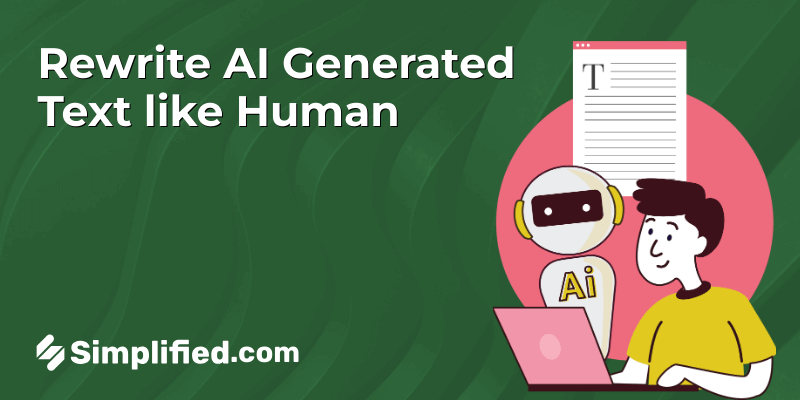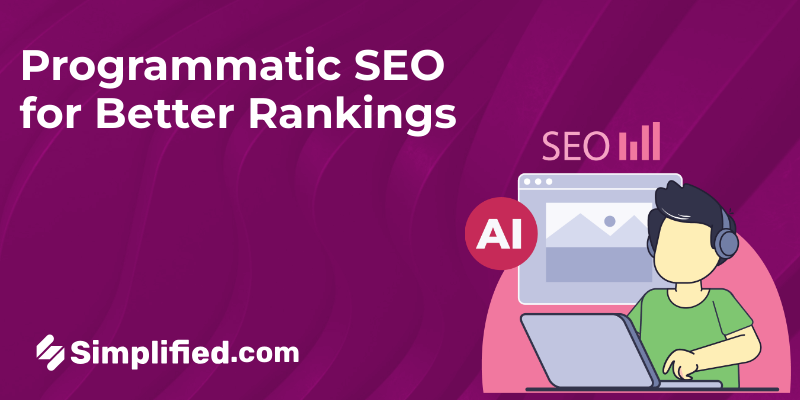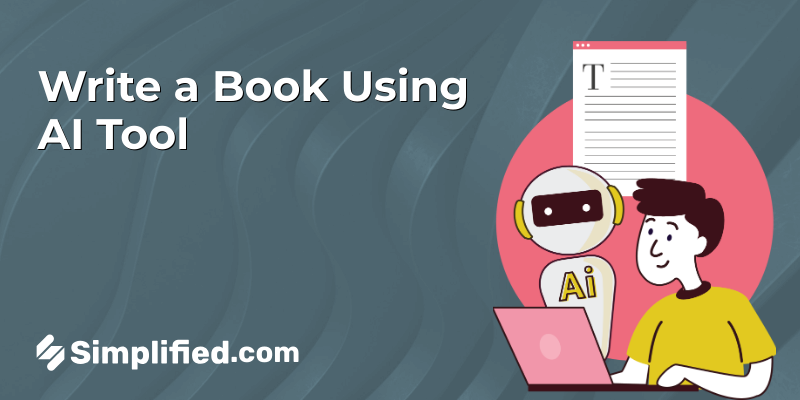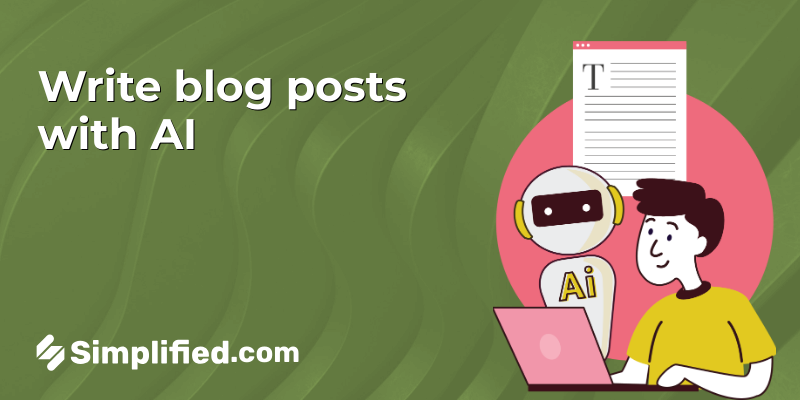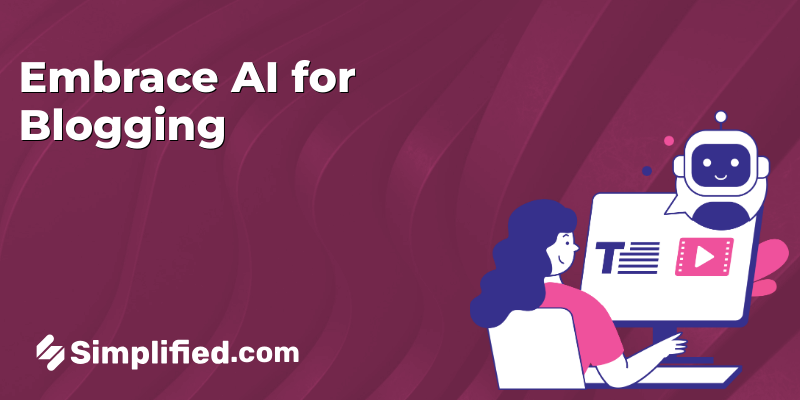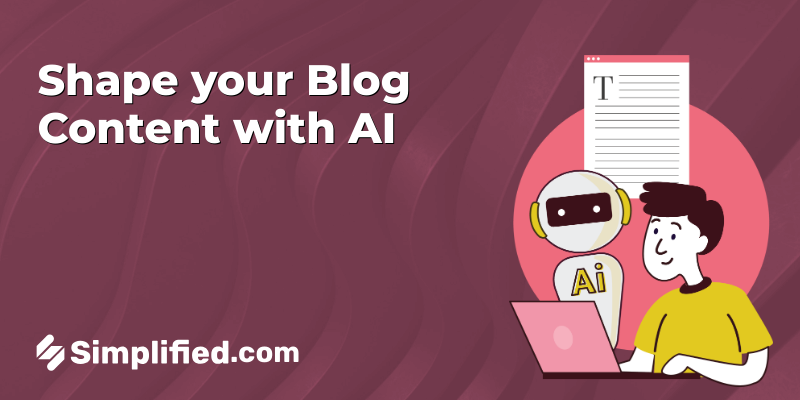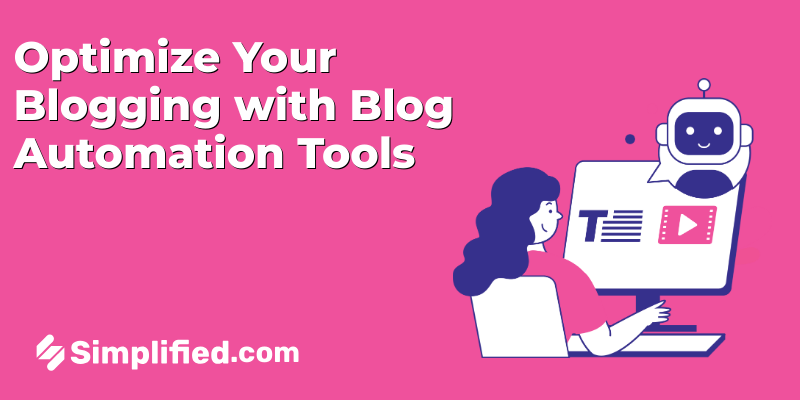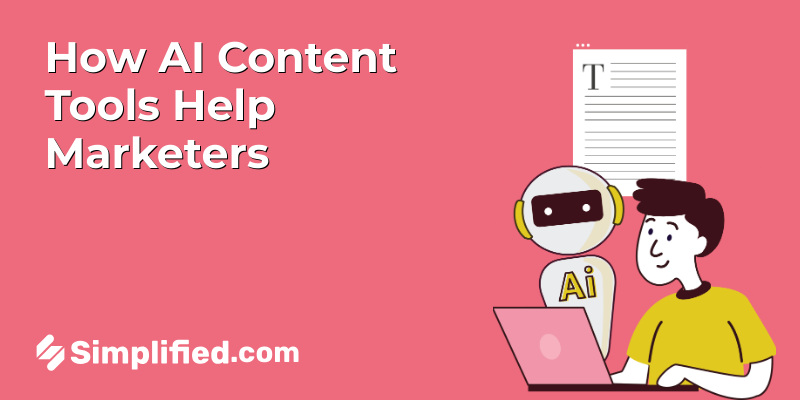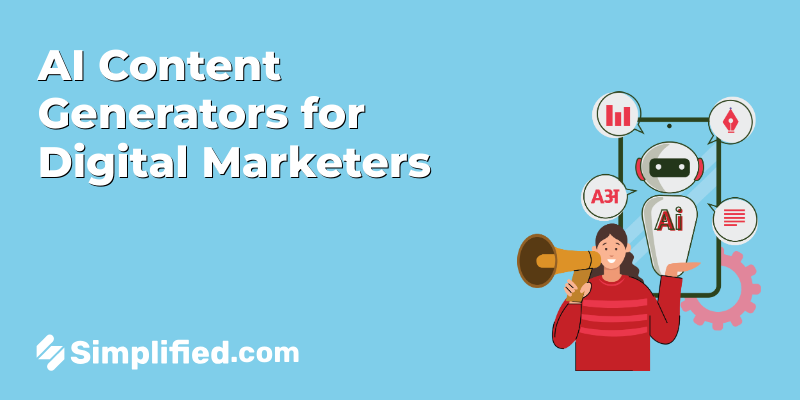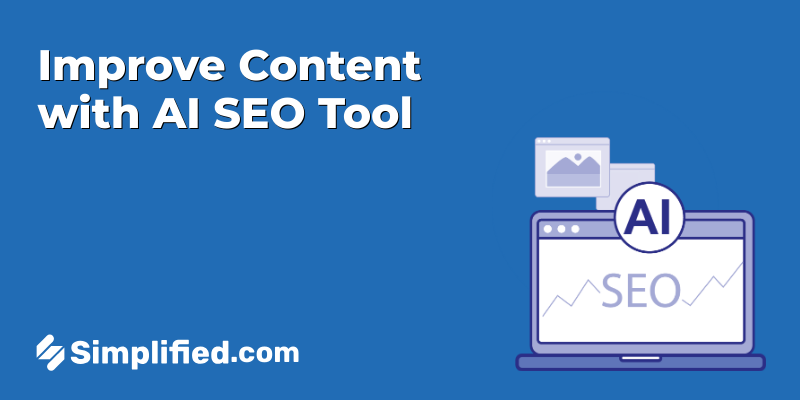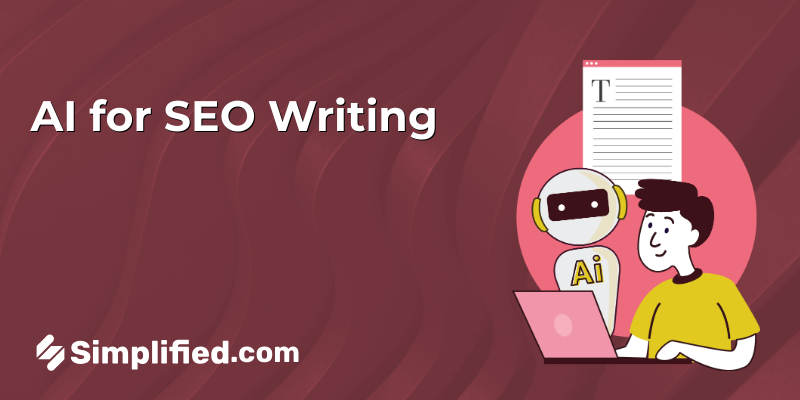
Picture this: every article or blog post you write captures the attention of your audience and ranks higher on search engines. This is becoming more possible, thanks to AI’s growing role in SEO. In a digital world where changes happen fast, marketers are asking how AI can help improve SEO performance.
In this guide, we’ll explore how AI can support your content strategy, improve your search rankings, and give you an edge in the online market. Let’s look at how to integrate AI into your SEO efforts to achieve better results.
Optimizing SEO Content with AI
AI tools are increasingly helping marketers optimize content for better performance on search engines. These tools can analyze large volumes of data and identify patterns that might be difficult to spot manually. By focusing on the right keywords and content structure, AI can guide you to create content that appeals both to search engines and human readers.
How to use AI for SEO optimization:
- Choose tools that fit your needs: Select AI tools based on your content goals, like keyword targeting or content quality.
- Monitor AI suggestions: SEO algorithms change often, and AI can help you stay up to date with those shifts. Keep an eye on AI recommendations to adjust your content when necessary.
- Combine AI insights with human creativity: AI can suggest improvements, but your personal touch ensures authenticity and brand consistency.
This approach helps you create content that appeals to both search engines and readers, increasing the chances of your content performing better.
Bonus: How AI Writing Tools Can Enhance Your Blogging Process: A Comprehensive Guide
AI Content Generators: A New Approach to Keyword Research
Keyword research is a foundational part of SEO, and AI tools are changing how marketers approach this task. Instead of manually searching for keywords, AI content generators analyze search trends and patterns, offering more precise insights. Finding the right keywords can be tricky, but some platforms like SeoProfy and similar services can offer helpful analysis and guidance, making it easier to focus on the terms that matter most.
How to use AI for keyword research:
- Start with a seed keyword: Choose a starting point—usually a broad term related to your niche—and let the AI suggest related keywords.
- Evaluate keyword suggestions: AI tools will provide a list of possible keywords, but it’s important to assess them based on factors like search volume and competition. Focus on the ones that best suit your audience’s needs.
- Update keyword lists regularly: Search trends change over time. It’s important to revisit and adjust your keyword list as new trends emerge.
By using AI, marketers can build more data-driven keyword strategies and stay on top of changes in the search landscape.
Improving Content Quality with AI Writing Tools
AI writing tools can help improve content quality by offering features such as grammar checks, readability scoring, and style suggestions. These tools allow marketers to spend less time editing and more time focusing on the creative aspects of their content.
How to use AI writing tools:
- Choose the right writing tools: Make sure your AI writing tool integrate with your content management systems to work seamlessly with your existing processes.
- Keep your tools updated: AI is evolving rapidly, so always use the latest versions of writing tools to benefit from improvements in accuracy and functionality.
- Balance AI suggestions with your voice: While AI can help with grammar and structure, it’s still important to review the content to maintain your unique brand voice.
- Track performance over time: Use the insights from AI tools to monitor how your content is performing and make adjustments as needed.
Using AI writing tools can save time by reducing manual edits. These tools help maintain high-quality content for both SEO and engagement.
Bonus: 10 Top AI SEO Tools for 2024: A Comprehensive Review and Comparison
Automating Content Strategy with AI Insights
AI can help automate parts of your content strategy by analyzing user behavior, predicting trends, and suggesting content topics that are likely to succeed. With AI, marketers don’t have to spend as much time gathering data or brainstorming topics.
How to automate content strategy with AI:
- Gather audience data: AI tools can analyze data to give you insights into your audience’s preferences, making it easier to choose topics that resonate.
- Use predictive analytics: AI can help forecast the kinds of content your audience will be interested in. This helps in planning future content that’s more likely to succeed.
- Create a content calendar: Based on AI insights, develop a content calendar that aligns with your audience’s needs and trends.
- Review and adjust strategies regularly: Regularly assess your content strategy and make changes based on the latest AI insights to stay ahead of market trends.
Using AI for content strategy automation saves time while ensuring your content is relevant and timely.
Combining AI and Human Creativity in SEO Writing
While AI tools offer powerful support for SEO writing, human creativity remains essential for producing engaging content. Marketers need to find a balance between AI-generated insights and their own creativity to ensure the content is both informative and engaging.
Bonus: What are Meta Tags And How To Write Them For SEO Success
How to balance AI and human creativity:
- Use AI for data and human input for storytelling: AI offers insights, but human creativity connects with readers.
- Collaborate with AI tools: AI provides suggestions, but human input ensures the content remains authentic and engaging.
- Test content styles: Experiment with different writing approaches, then adjust based on audience performance and data insights.
- Refine based on feedback: Use insights from readers and performance metrics to continually improve the content.
Combining AI’s data analysis capabilities with human creativity ensures that your content is both informative and appealing to your audience.
Using AI for SEO Performance Analytics
AI tools can provide deeper insights into your SEO performance, helping you track the effectiveness of your content strategies. By analyzing key metrics, AI can show what’s working and what needs improvement.
How to use AI for performance analytics:
- Track SEO metrics with AI tools: Set up AI analytics tools to measure important SEO metrics like keyword rankings, traffic, and user engagement.
- Review reports regularly: Look at the AI-generated reports to identify trends, strengths, and areas where improvement is needed.
- Adjust strategies based on data: Use the insights from AI to modify your content and SEO strategies for better performance.
- Set measurable goals: With the help of AI analytics, set goals for your SEO performance and track progress over time.
Using AI analytics ensures you make informed decisions based on data, leading to improved SEO results.
Conclusion
Utilizing AI for SEO writing is not just an option—it’s a necessity. Integrating AI tools into your marketing strategy improves content creation, making your writing engaging and optimized for search engines.
AI allows marketers to gather data, spot trends, and create content that not only ranks well on search engines but also connects with readers. By adopting AI in your SEO strategy, you’ll be able to boost your content’s visibility and reach a wider audience.
Start using AI in your SEO strategy today. Keep up with the latest AI tools and techniques by subscribing to our blog, and take the next step toward creating more effective content.











